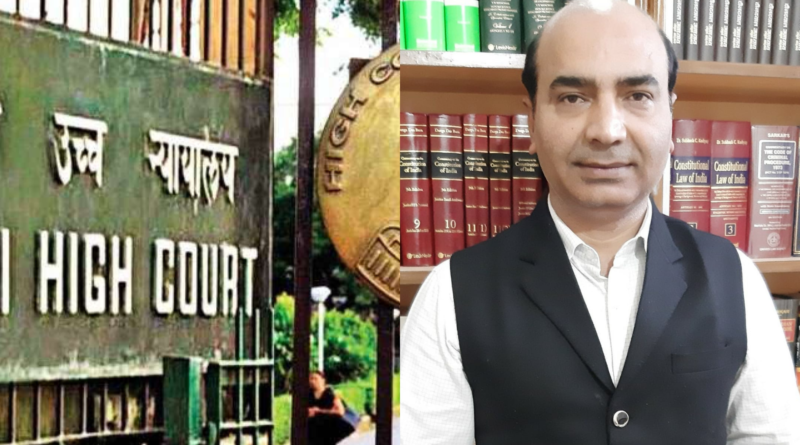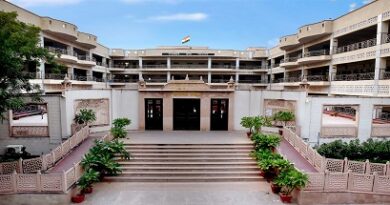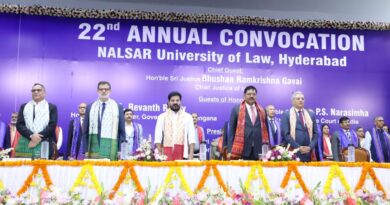PIL In Delhi High Court Seeks Direction to Centre, Delhi Govt to Include Chapter “Dharma and Religion” In School Syllabus.
(Judicial Quest News Network)
A Public Interest Litigation (PIL), has been moved before Delhi High Court by BJP leader and Advocate Ashwini Kumar Upadhyay. To distinguish between “Dharma” and “Religion”.
The PIL seeks a direction on the Centre and the Delhi government to include a Chapter “Dharma and religion” in primary school syllabus.
It is further submitted that in syllabus and curriculum of the primary and secondary schools a Chapter “Dharma and religion” must be included in order to educate the masses and control the religion-based hatred and hate speeches.
The PIL also seeks direction on Centre and Delhi Government to use proper meaning of religion, which according to petitioner is “Panth or Sampradaya” and not “Dharma” as a Synonym, in government documents like birth certificate, Adhaar Card, Driving License, Bank Account, Birth and Death certificates.
Petitioner submits that Dharma is not religion! Dharma is an ordering principle which is independent of one’s faith or methods of worship or what is understood by term ‘religion’, thus providing for total freedom in the path chosen or ethical norms employed, in an eternal journey from being to becoming. Dharma is non-divisive, non-exclusive & non-conclusive. Dharma is a quest for understanding cosmic order of the universe and consciousness order at a personal level.‘Dharma’, in fact, transcended narrow boundaries of religion.
The PIL says that No one ever forced anything on anyone. The silly concept of ‘conversion’ came to India from outside as Christians and Muslims arrived.
It provides an ethical norm and represents an “eternal journey from being to becoming”.
Dharma Encourages Free Inquiry: Indian civilization is the only “Knowledge based” ancient civilization.
That’s the reason why even the most devilish Islamic rule for centuries failed to exterminate it. Post 1947, freed of slavery Indians again got busy creating a prosperous society based on knowledge and human enterprise.
The ideal function of Dharma is to provide a sound, fundamental world view which correctly orients the individual to the universe and thus can serve as the basis for an intelligent guide for living.
Quite in contrast with foreign born religions, Indian philosophies encourage people to explore themselves and be responsible in deciding what is right for them.
There are absolutely no impositions or bondages on people regarding what to believe or not believe. People are squarely responsible for their good and bad actions (karmas) and the ensuing consequences. Thus, they are their own masters.
A non-religious society may still be ethical without belief in God (for instance, the Buddhist society), but an adharmic society soon loses its ethical foundation and falls in the hands of corrupt and decaying forces. Dharma is all about ethics and morality.
Furthermore, the plea highlights the differences in the evolution of secular western democracies and Islamic societies suggesting that the later remain influenced by the clergy class, leading to certain undesirable outcomes.
The Islamic societies, on the other hand, continue to remain stifled by insane dictates of the clergy class for good reasons. The mullah has become even more powerful than Mohammad or Allah and turned the “religion of peace” into a cult of violence and terrorism. This is what happens when insane number of “workless” petrodollars fall in unworthy hands of cocky Wahhabi/Deobandi mullahs devoid of slightest sense of morality.



